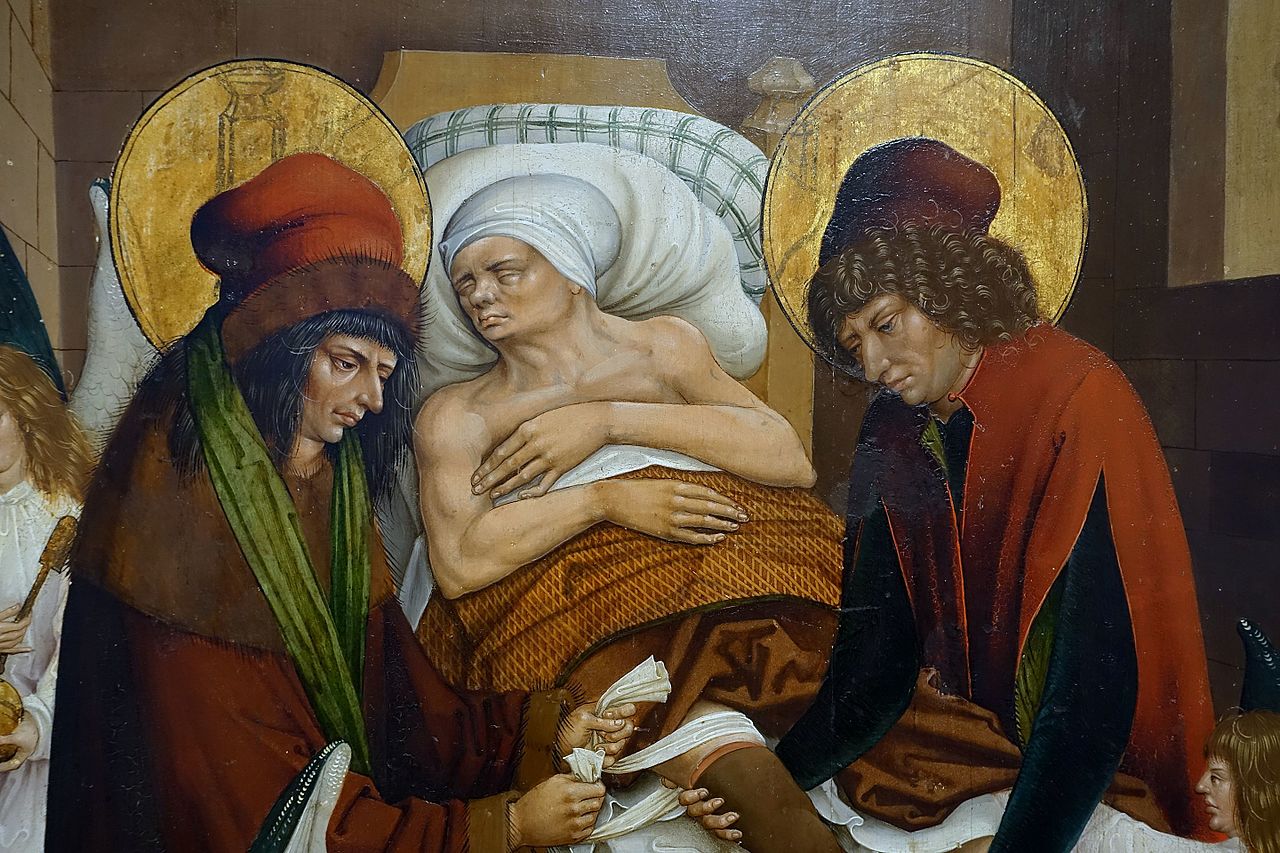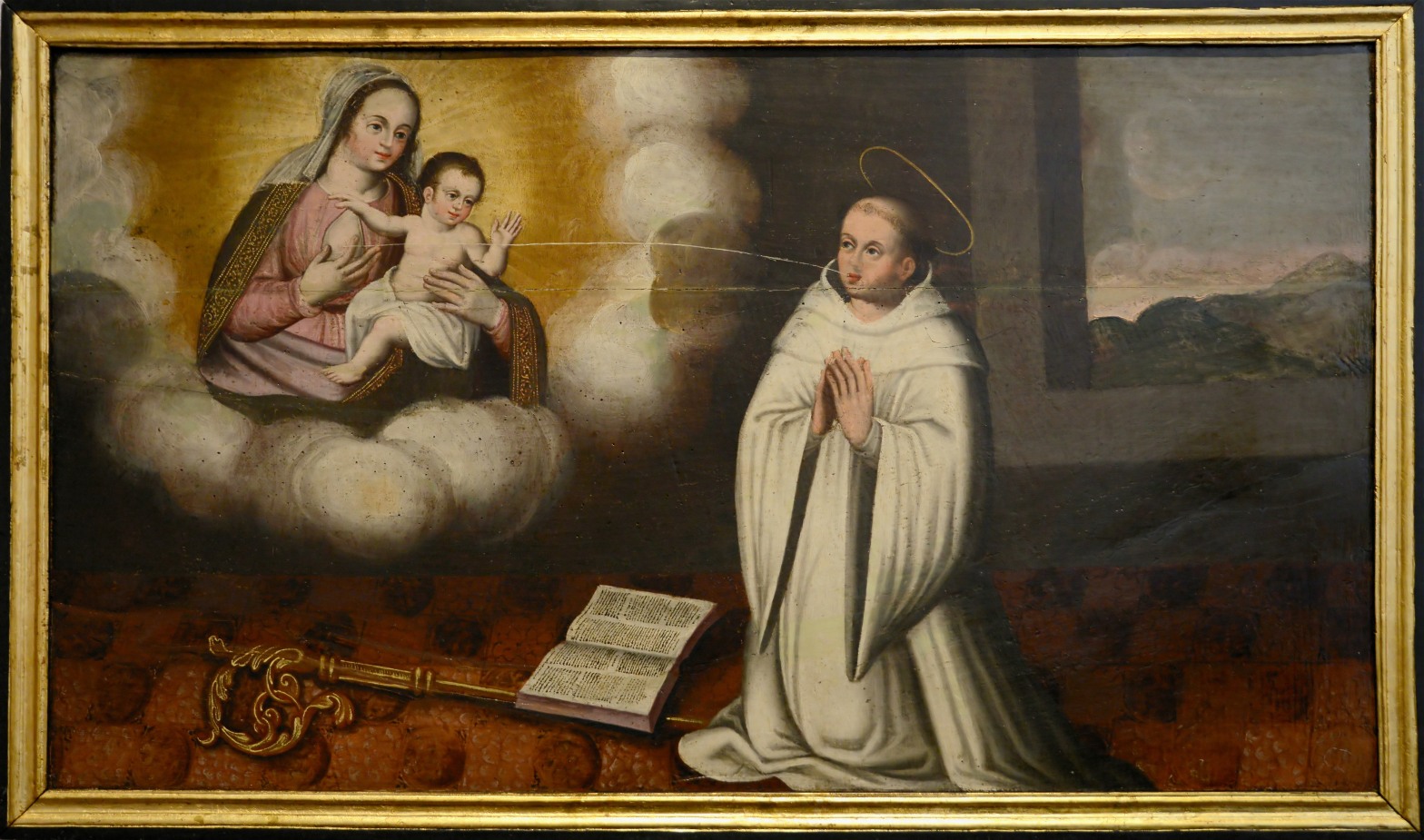an examination of the lives of some saints for Lent (40/40) Christ’s resurrection took place on the third day after his passion. Concerning the resurrection there are seven questions that must be considered.First, how is it true to say that the Lord lay in the tomb for three days and three nights and rose onContinue reading “On the Resurrection of the Lord”
Tag Archives: Judgement
On Sts. Cosmas and Damian
an examination of the lives of some saints for Lent (30/40 (deo volente)) The name Cosmas comes from ‘cosmos’, which means form or adorned. Or, according to Isidore, ‘cosmos’ is the Greek word for clean, as is the Latin word ‘mundus’. Saint Cosmas was a form, an example to others (to understand De Voragine’s reasoningContinue reading “On Sts. Cosmas and Damian”
On St. Jerome
an examination of the lives of some saints for Lent (26/40 (deo volente)) The name Hieronymus (Jerome for the English) comes from ‘gerar’, meaning holy, and ‘nemus’, meaning grove – hence a holy grove – or from the first and ‘noma’, i.e. law. Therefore in his legend the saint’s name is interpreted as sacred law.Continue reading “On St. Jerome”
On St. Bernard
an examination of the lives of some saints for Lent (21/40 (deo volente)) Bernardus comes from ‘ber’, meaning a well or a spring, and ‘nardus’, meaning nard, which is an herb humble, warm in nature, and sweet-smelling. Saint Bernard was warm in his fervent love, humble in his dealings with others, a spring in theContinue reading “On St. Bernard”
On St. Augustine
an examination of the lives of some saints for Lent (20/40 (deo volente)) Saint Augustinus received his name either on account of his high dignity or because of the fervour of his love or due to the etymology of the name. He was ‘augustinus’ by his high rank, because, as Augustus the emperor had excelledContinue reading “On St. Augustine”




